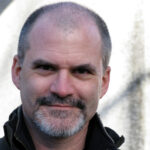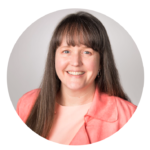 We make decisions every day. Our project teams and organizations have many individuals making decisions every day. Most of these decisions have little to do with product reliability, yet a surprising number of design, marketing, production, and customer care decisions that have a direct impact on product reliability performance.
We make decisions every day. Our project teams and organizations have many individuals making decisions every day. Most of these decisions have little to do with product reliability, yet a surprising number of design, marketing, production, and customer care decisions that have a direct impact on product reliability performance.
As a reliability professional, do you work to make better decisions? Do you work to enable the individuals designing, producing, marketing, etc your organization’s products to make better decisions concerning reliability? Continue reading
